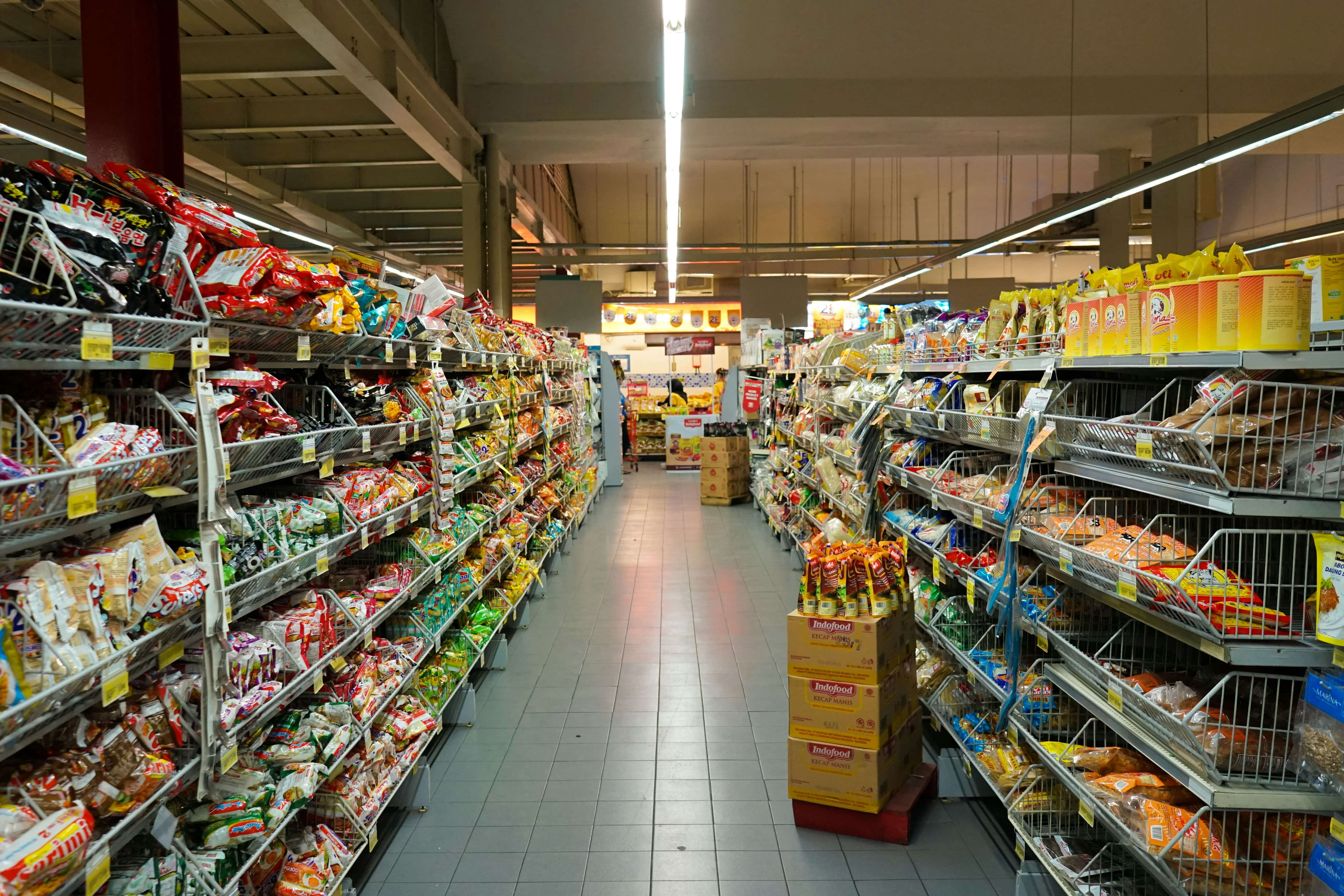Key Takeaways:
- Sustainability Goals Confidence: Quantis found that 76% of food and beverage industry professionals are confident in achieving environmental goals by 2030.
- Critical Component Gaps: Key areas like portfolio redesign, regenerative agriculture, and plant-based initiatives are low priorities despite their high transformational potential.
- Supply Chain Challenges: 42% of respondents identify supply chain complexities as the primary barrier to sustainability success.
- Budget Allocation Issues: Financial investment is a significant barrier, with only 12.54% of annual budgets allocated to reducing environmental impact.
- Consumer Demand for Sustainability: 100% of marketing respondents observed a shift in consumer behavior towards sustainable products, indicating strong market readiness.
Quantis Releases Global Food and Beverage Report Highlighting Sustainability Challenges
Quantis, a Boston Consulting Group (BCG) company and a leading global sustainability consultancy, has unveiled its latest report titled “Recipe for Transformation.” This comprehensive report surveys over 600 professionals and C-level executives from various functions within the food and beverage industry, offering insights into sustainability practices' current state and the sector's path forward.
Sustainability in the Food and Beverage Industry
According to the report, while significant progress has been made in the food and beverage sector regarding sustainability, much work remains to align with planetary boundaries and build resilience. The report emphasizes the need for sustainability to be integrated across all business functions rather than treated as a separate entity.
Confidence and Challenges in Achieving Sustainability Goals
Notably, 76% of respondents expressed confidence in their sustainability roadmaps and their ability to meet environmental goals by 2030. However, the report identifies critical gaps in action plans, with portfolio redesign, regenerative agriculture, and plant-based initiatives cited as the lowest priorities for the upcoming year. Despite their potential for radical transformation, these areas are not receiving the necessary attention.
Charlotte Bande, Global Food & Beverage Lead for Quantis, commented, “Though food and beverage sector leaders are making progress, the path to alignment with planetary boundaries and resilience will require a shift from sustainability in a silo to sustainability embedded across business functions.”
Key Findings from the Report
Supply Chain Complexities:
The report reveals that 42% of respondents consider the complexities of the supply chain as the largest barrier to achieving sustainability. This highlights the need for more streamlined and transparent supply chain practices.
Financial Investment:
Financial constraints are a significant hurdle, with the average department allocating only 12.54% of their annual budget to reducing environmental impact. This underlines the challenge of securing sufficient funds to drive meaningful sustainability initiatives.
Inter-departmental Collaboration:
Chief Sustainability Officers (CSOs) face challenges gaining inter-departmental support. While leadership commitment and company culture are crucial drivers of sustainability, the primary barriers—supply chain issues and budget allocation—are often beyond the CSOs' control.
Sustainable Packaging:
Packaging remains a top priority, with 62% of respondents focusing on making packaging more sustainable in the next year. Although this is a positive step, the report notes that critical levers for scaling and implementing these efforts are still missing.
Consumer Behavior:
The report highlights a significant shift in consumer behavior, with 100% of marketing respondents observing increased demand for sustainable products. Consumers are willing to pay a premium for sustainability, which presents an industry opportunity.
The Way Forward
Charlotte Bande emphasized the situation's urgency: “Estimates show that food and beverage organizations could lose up to 26% of their value if they don’t act quickly. Securing more budget and driving impactful transformation will require collaboration, both throughout departments internally and with strategic partners across the value chain.”
Read the complete report here.
Photo by Fikri Rasyid on Unsplash


